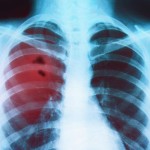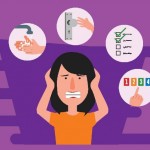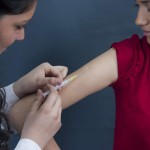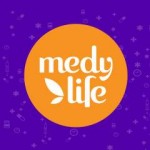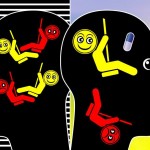Dementia
Dementia is not a single disease but a group of cognitive disorders typically characterized by memory impairment, personality changes, and impaired reasoning.
Affected cognitive areas can be memory, attention, language, and problem solving.
Generally, symptoms must be present for at least six months to support a diagnosis .
Cognitive dysfunction of shorter duration is called delirium. The diagnosis of dementia is generally made with demonstrable evidence of impairment of memory or intellectual functioning. Dementia can be classified as either reversible or irreversible depending upon the etiology of the disease.
Symptoms
Dementia not only diminishes memory but also reduces:
• The ability to learn, reason, retain or recall past experience
• Loss of patterns of thoughts, feelings and activities.
• Changes in personality and mood
• Difficulty finding the right words
Causes
Dementia is generally caused by damage in the brain. The most common causes of dementia are neurodegenerative diseases, these diseases include alzheimer's disease, frontotemporal dementia, and dementia with Lewy bodies. With these diseases the brain cells tends to degenerate and die more rapidly than normal ageing process. This leads to a decline in a person's mental and sometimes physical abilities. The gradual changes and damage to brain cells are caused by a build-up of abnormal proteins in the brain.
These abnormal proteins are different in each type of neurodegenerative dementia. In most cases, dementia is not inherited directly from family members. However, a small number of cases of Alzheimer's disease and frontotemporal dementia can run in families.
Vascular dementia is caused when the brain's blood supply is interrupted. If the blood supply is restricted or stopped brain cells begin to die resulting in brain damage.
Diagnosis
Normally, symptoms must be present for at least six months to support a diagnosis.
Cognitive testing: The mini–mental state examination (MMSE) or Folstein test is a brief 30-point questionnaire test that is used to screen for cognitive impairment. It is commonly used to screen for dementia (30 point questionnaire ) .
A CT scan or magnetic resonance imaging (MRI scan) is commonly performed although these modalities do not have optimal sensitivity for the diffuse metabolic changes associated with dementia in a patient that shows no gross neurological problems (such as paralysis or weakness) on neurological exam.
Treatments
Most types of dementia can't be cured. However, doctors help to manage symptoms. Acetylcholinesterase inhibitors such as donepezil may be useful for dementia.
Occupational therapy: Doctor may suggest occupational therapy to help patient adjust to living with dementia. Therapists teach ways to adapt movements and daily living activities as per condition changes.
Preventions
Prevention of dementia is the attempt to avoid developing dementia.
• Proper lifestyle
• Proper diet
• Mental activity like reading
• Physical exercises
References:
Alzheimers.Org
WHO
www.health.gov.bc.ca
National Institute of Neurological Disorders and Stroke




